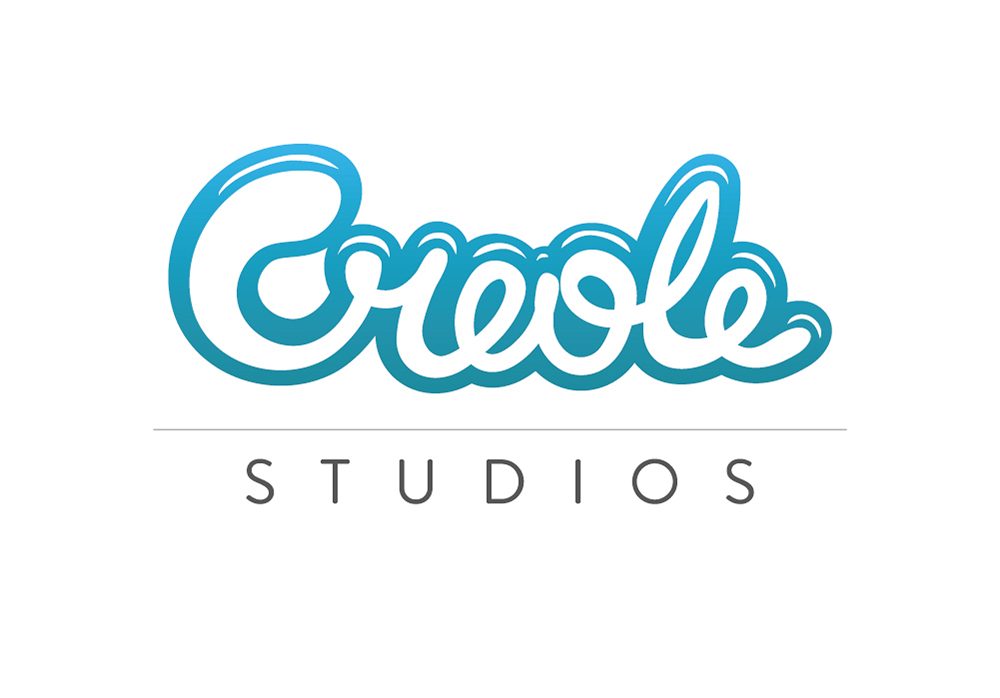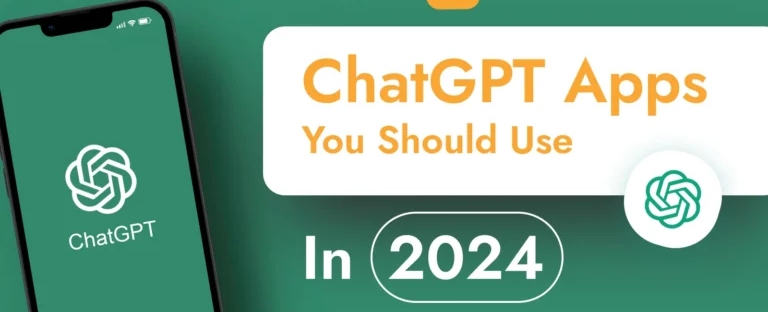
Summary
As businesses increasingly adopt chatbots for customer service, sales, and various other purposes, the need for effective AI chatbot simulators becomes paramount. These simulators, crucial for AI Chatbot Development Services, allow developers to test and refine their chatbot designs before deployment. In this article, we’ll explore the top 5 AI chatbot simulators, comparing their features, pros, and cons to streamline the process.
What is an AI Chatbot Simulator?
An AI chatbot simulator is a crucial tool used by developers to test and optimize chatbot behavior in a simulated environment. These simulators often provide features such as conversation flow visualization, natural language processing testing, and integration with various messaging platforms. AI chatbot Development leverages these simulators to refine and enhance the chatbot’s capabilities before deployment, ensuring robust performance and user engagement.
Top 5 AI Chatbot Simulators
Here are some top AI chatbot simulators that are widely used, with their features, pros and cons:
1. Microsoft Bot Framework:
- Overview: The Microsoft Bot Framework is a versatile platform enabling developers to construct, evaluate, and implement chatbots across diverse channels including web interfaces, mobile applications, and messaging platforms such as Microsoft Teams and Slack.
- Features: The platform seamlessly integrates with Azure services, enabling scalability and performance. It supports C#, JavaScript, and Python, appealing to a wide developer audience. Extensive documentation and sample code assist in chatbot development.
- Pros: Microsoft Bot Framework provides a robust development environment with a wide range of software development kits (SDKs) and tools for building sophisticated chatbots. Its integration with the Microsoft ecosystem allows for seamless deployment and management of chatbots within existing infrastructure.
- Cons: Despite its many advantages, Microsoft Bot Framework may have a steep learning curve for beginners, especially those who are not familiar with Microsoft technologies. Additionally, its support for non-Microsoft platforms may be limited compared to other chatbot development frameworks.
2. ChatGPT Simulator:
- Overview: ChatGPT Simulator utilizes OpenAI’s powerful language model to simulate conversations with chatbots. It allows developers to test their chatbot designs in a controlled environment before deploying them to real-world scenarios.
- Features: The simulator allows developers to create lifelike conversations using OpenAI’s language model. It’s customizable for testing different scenarios and integrates with various messaging platforms for cross-channel simulation.
- Pros: ChatGPT Simulator is easy to use and does not require coding skills, making it accessible to a wide range of developers. It can generate diverse responses, allowing developers to evaluate the performance of their chatbots in various scenarios.
- Cons: Despite its advantages, ChatGPT Simulator may offer limited control over the conversation flow compared to other simulators. Additionally, its reliance on an internet connection for usage may pose challenges in environments with limited connectivity.
3. Google Dialogflow:
- Overview: Dialogflow, powered by Google, is a user-friendly platform for building conversational agents or chatbots. It provides tools and APIs for developers to design, develop, and integrate chatbots into their applications.
- Features: Dialogflow supports multiple languages and provides built-in analytics for monitoring chatbot performance. It integrates seamlessly with Google Cloud services, offering additional capabilities like speech recognition and translation. Plus, it offers extensive documentation to assist developers in building and deploying chatbots.
- Pros: Dialogflow is simple to set up and use, making it suitable for developers with varying levels of expertise. It boasts robust natural language understanding capabilities, allowing chatbots to interpret user inputs accurately. Additionally, its integration with Google Cloud services enhances its functionality and scalability.
- Cons: Dialogflow has a user-friendly interface, it may have fewer customization options than some platforms. Latency issues can occur during peak times, impacting chatbot responsiveness. Advanced features may be limited in the free version, necessitating a paid plan for full functionality.
4. IBM Watson Assistant:
- Overview: IBM Watson Assistant is an AI-powered chatbot platform designed to create personalized interactions with users across various channels. It leverages natural language processing (NLP) and machine learning algorithms to understand and respond to user queries effectively.
- Features: Watson Assistant offers advanced NLP capabilities, enabling chatbots to comprehend and respond to user inputs accurately. It integrates seamlessly with IBM Cloud services, allowing developers to leverage additional functionalities such as data storage and analytics. Moreover, it supports multi-channel deployment, enabling chatbots to interact with users through the web, mobile apps, and messaging platforms.
- Pros: Watson Assistant offers extensive customization options for tailoring chatbots to specific industries and use cases. Its robust analytics provide insights into user behavior, fostering continuous improvement. With scalability for enterprise needs, it’s suitable for organizations of any size.
- Cons: Watson Assistant may have a complex pricing structure, making it difficult for developers to estimate costs accurately. Setting up and configuring chatbots may require technical expertise, potentially limiting its accessibility to novice developers.
5. Rasa
- Overview: Rasa is an open-source platform for building conversational AI applications, offering flexibility and customization for developers. It enables developers to create chatbots with both rule-based and machine-learning-based dialogue management capabilities.
- Features: Rasa offers customizable models and dialogue management policies, empowering developers to tailor chatbots to specific needs. It supports multi-turn conversations, ensuring context retention for meaningful interactions. With a robust community, it provides ample support and resources for chatbot development and deployment.
- Pros: Rasa is open-source and highly customizable, allowing developers to modify and extend its functionality to suit their needs. It supports multi-turn conversations, enabling chatbots to handle complex interactions and user queries effectively. Moreover, it can be deployed on-premises, providing greater control over data privacy and security.
- Cons: Rasa may have a steeper learning curve compared to other platforms, requiring technical expertise in machine learning and natural language processing. Additionally, it may offer limited out-of-the-box integrations, requiring developers to build custom solutions for integration with external systems and services.
Read More: Choosing the Right AI Framework for Your Chatbot
Conclusion
Choosing the right AI chatbot simulator is crucial for the development of effective AI Chatbot Development Services, customization requirements, and integration capabilities. Microsoft Bot Framework and Google Dialogflow are excellent choices for beginners seeking user-friendly interfaces, while ChatGPT Simulator and Rasa offer more flexibility and customization options for experienced developers. IBM Watson Assistant stands out for its advanced features and scalability, albeit with a higher learning curve. Ultimately, the best AI chatbot simulator for your project will depend on your specific needs and expertise level.
Source: Creole Studios






